Published
6 months agoon
By
Adubianews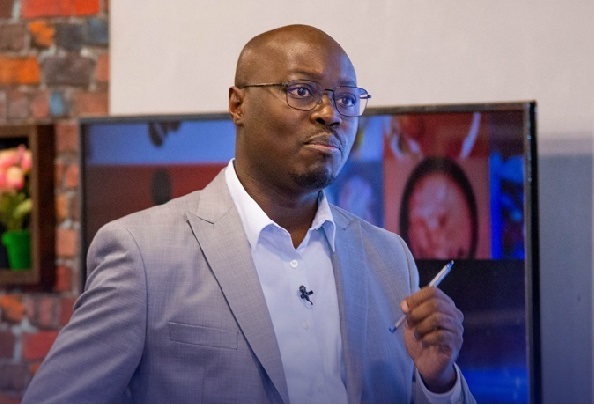
Ghana’s government is moving to calm fears among investors, donors, and financial markets as the country prepares to exit the International Monetary Fund (IMF) programme in May 2026.
While some observers worry that fiscal discipline could weaken once IMF oversight ends, government officials insist those concerns are misplaced.
According to sources, Ghana’s strong performance under the current arrangement reflects deliberate policy choices rather than external enforcement. Officials argue that the fiscal checks in place are proof of a lasting commitment to prudence.
To further build confidence, the government is considering subscribing to an IMF policy instrument, not a full programme, after May 2026. This option, officials say, would act as an additional signal of stability, assuring markets that Ghana will not reverse progress.
Some donors maintain that Ghana’s economic turnaround has been largely IMF-driven, but a senior government source pushed back: “Our fiscal discipline has been the result of clear, deliberate policies, not just IMF supervision.”
Market watchers remain cautious, with ratings agencies reportedly factoring the risk of post-IMF slippages into their upcoming assessments of Ghana’s creditworthiness. Analysts note that sustaining fiscal discipline beyond May 2026 will be one of the government’s toughest challenges, especially after President John Mahama confirmed the programme will not be extended.
Meanwhile, the IMF’s fifth review mission is scheduled for September 2025, focusing on data up to June. The review will assess inflation, reserve sustainability, fiscal revenue shortfalls, arrears audits, and banking sector recapitalisation needs. Special attention will also be paid to statutory arrears in funds such as the NHIL, GETFund, and Road Fund, alongside social spending commitments.
The final programme review is expected in April 2026.
The current three-year, $3 billion Extended Credit Facility (ECF), approved in May 2023, has been crucial in stabilising Ghana’s finances. Its priorities include:
Restoring public finances through stronger revenue mobilisation and efficient spending
Expanding social protection schemes
Implementing reforms in taxation and financial management
Tackling weaknesses in the energy and cocoa sectors
Tightening monetary policy to control inflation
While donors have urged Ghana to build strong “shock absorbers” ahead of the IMF exit, government officials remain optimistic, stressing that the country’s commitment to fiscal discipline is both genuine and long-term.


IMF Deal Bars Mahama Government from Issuing Sovereign Guarantees — Bright Simons


IMF Did Not Mislabel Ghana’s Gold Losses – Bright Simons Pushes Back


Dr. Johnson Asiama Confident Ghana Will Exit IMF Programme Ahead of Schedule
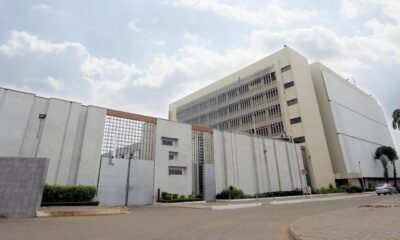

Ghana’s $1.4 Billion FX Sale in Q1 2025 Raises IMF Concerns


IMF Hints At Revising Programme Targets Due To Cedi’s Appreciation
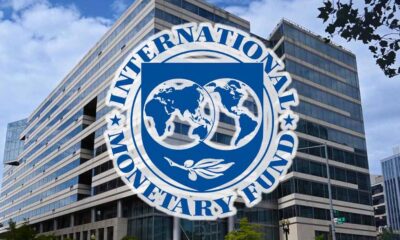

IMF Endorses GH₵1 Fuel Levy To Support Energy Reforms And Economic Stability


Ghana’s Energy Sector at a Crossroads: IMF Demands Swift Reforms Amid Mounting Deficits
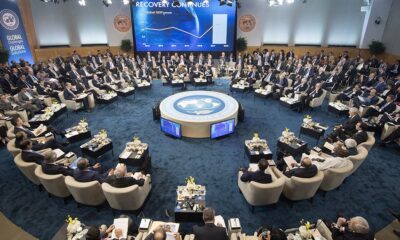

2023 will be ‘tougher’ for global economy – IMF.
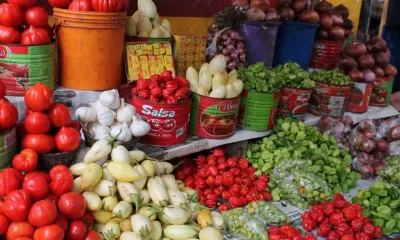

Expect food prices to keep rising – IMF warns.

























